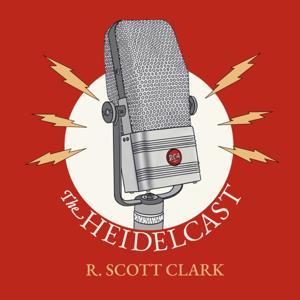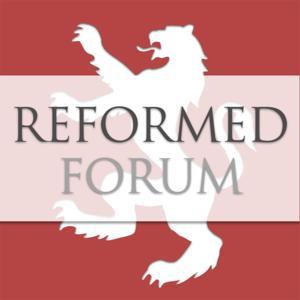What if the largest category of prayers in the Bible is one we've almost forgotten how to pray? In this conclusion to the series on walking with God through pain and suffering, launching on Thanksgiving morning of 2025, Rev. Paul Ipema challenges modern Christians to rediscover the ancient practice of lament, and to recognize that it's not faithlessness, but honest faith crying out to God. From prisoners serving life sentences who've found supernatural joy, to elderly saints confined to wheelchairs who ministered more than they received, this conversation reveals how believers can face suffering without losing hope. On a day often marked by gratitude for blessings, this episode helps us see that thanksgiving and lament aren't opposites, but two sides of the same faithful coin. We pray that you discover, through listening, why looking at life "from the end of your nose" leaves you seeing only dots, and how the perspective of eternity reveals the beautiful picture God is painting through our pain.
































